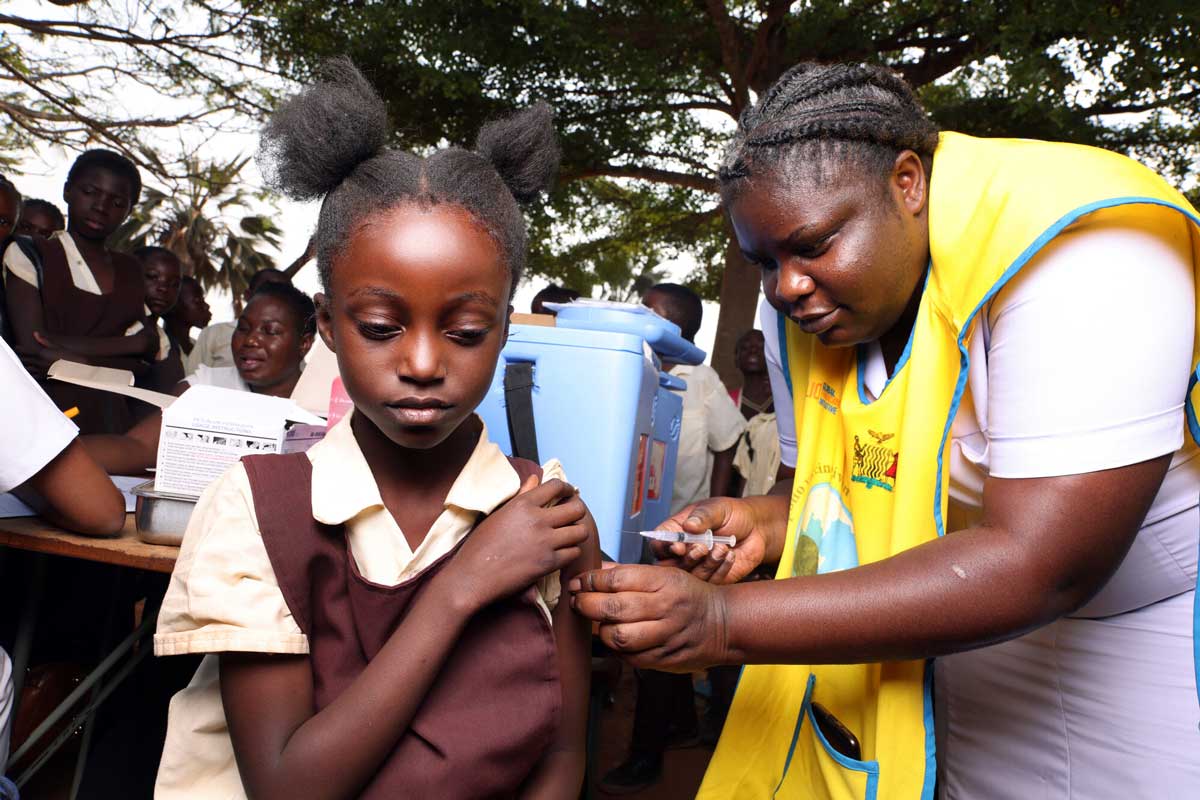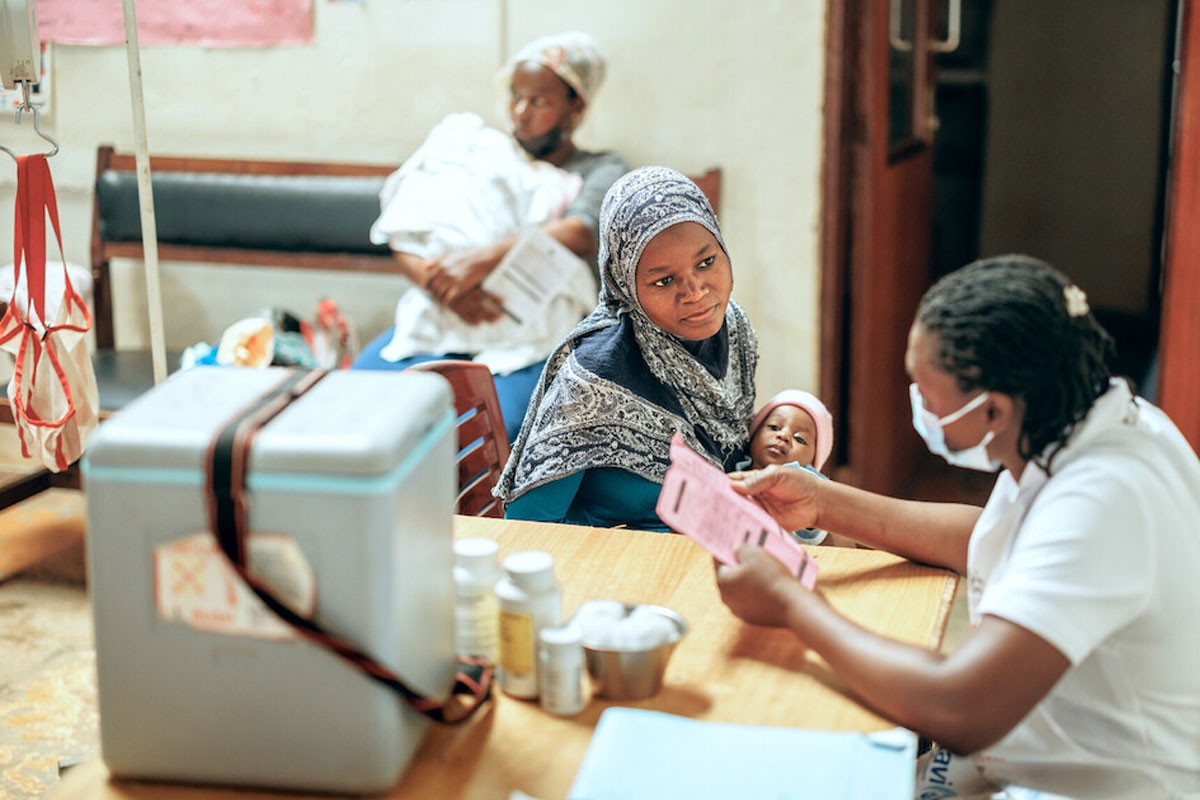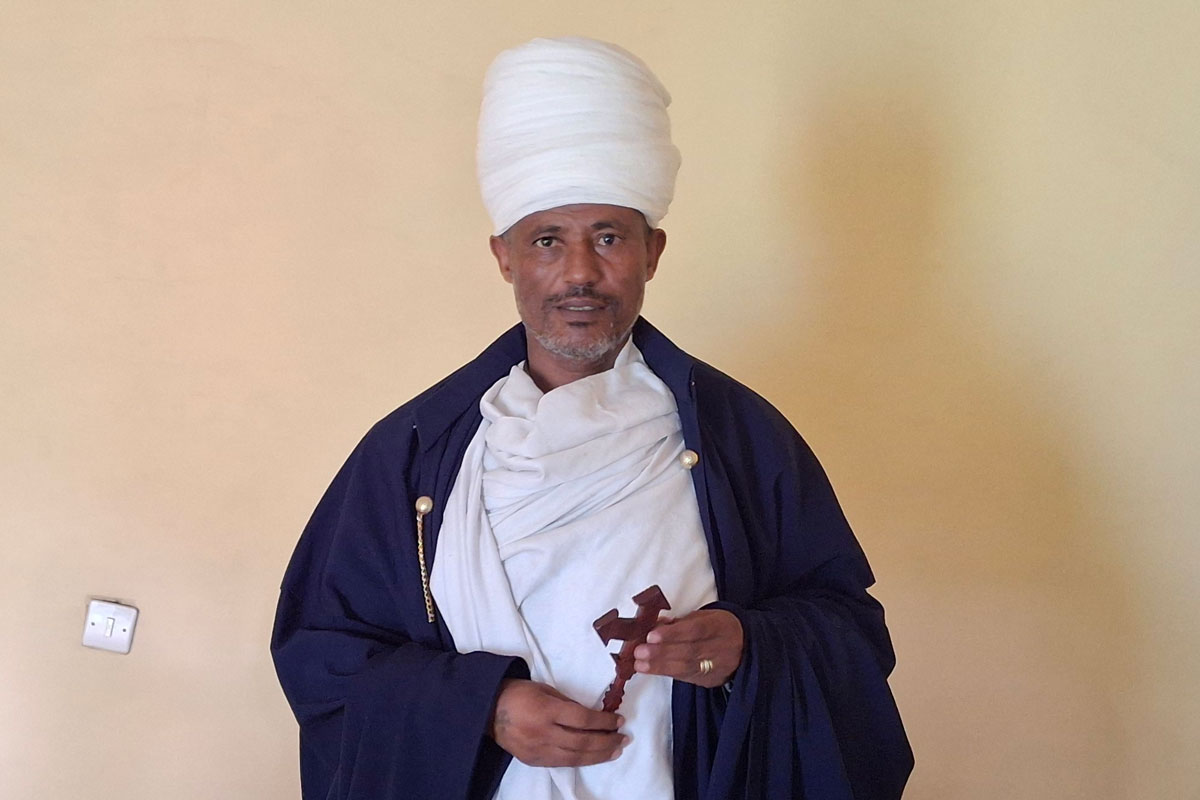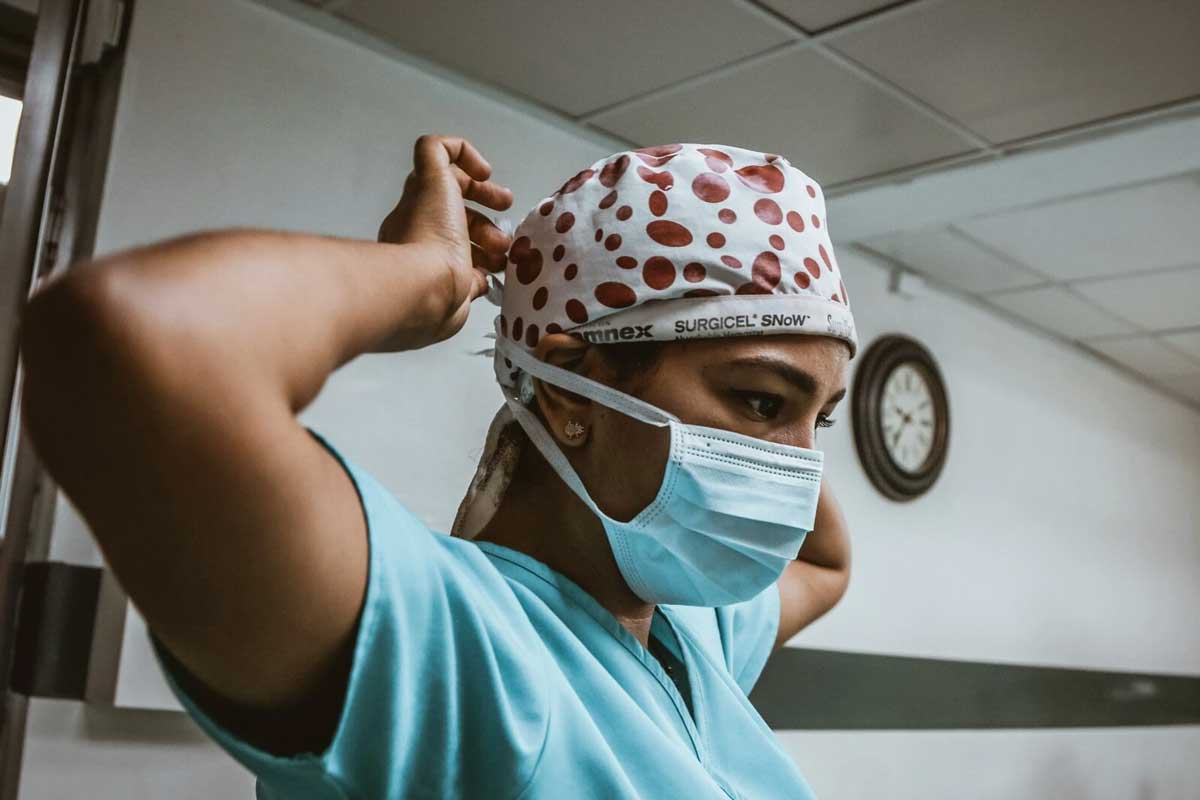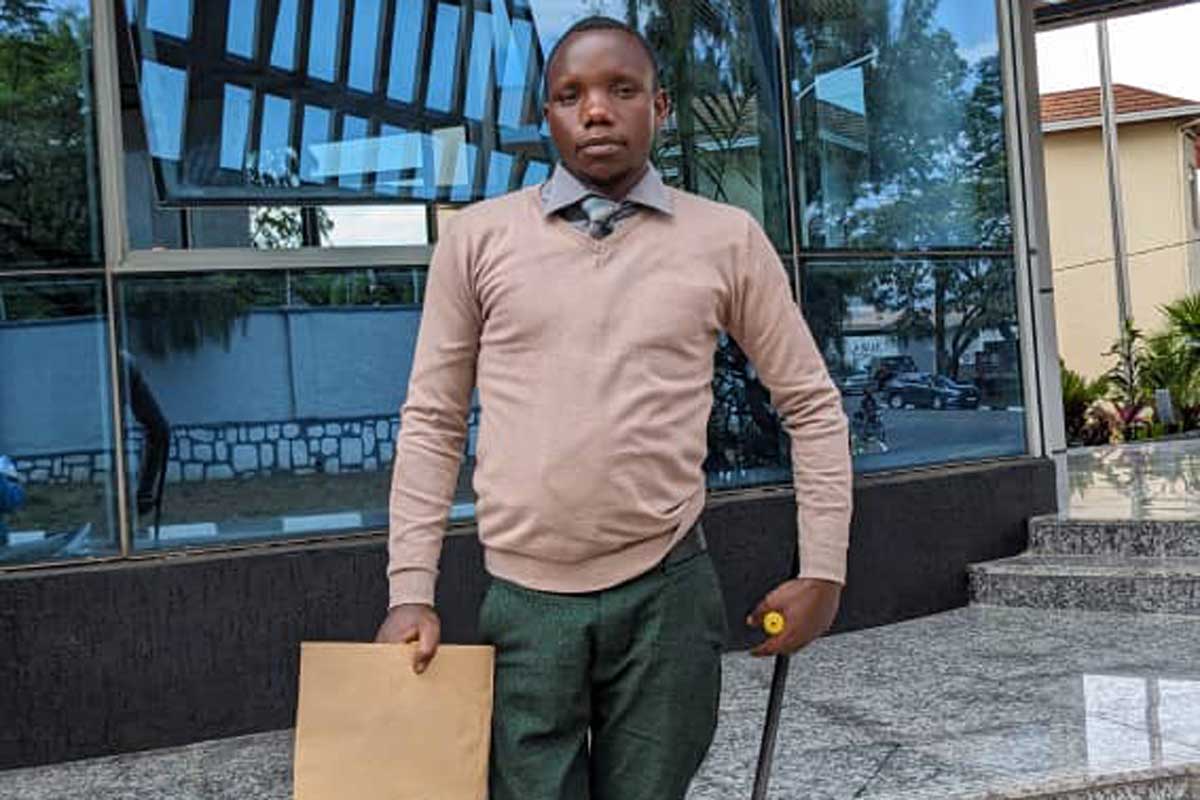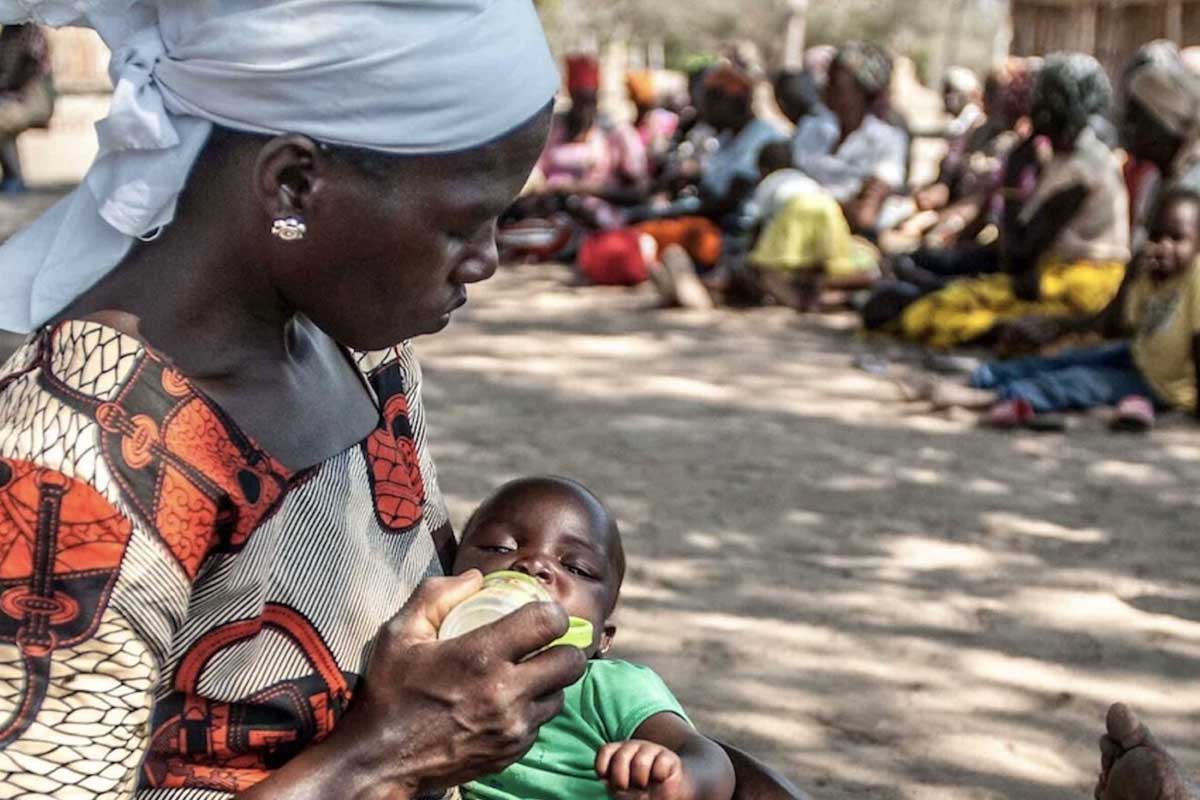19 May 2020: Overview of the COVID-19 situation in Gavi-supported countries and Gavi’s response
Seventy (out of 73) Gavi-eligible countries have reported 257,996 confirmed cases and 7,547 deaths. These 70 countries account for a small proportion, about 5%, of global COVID-19 cases and 2% of global deaths.
- 25 May 2020
- 3 min read
- by Gavi Staff
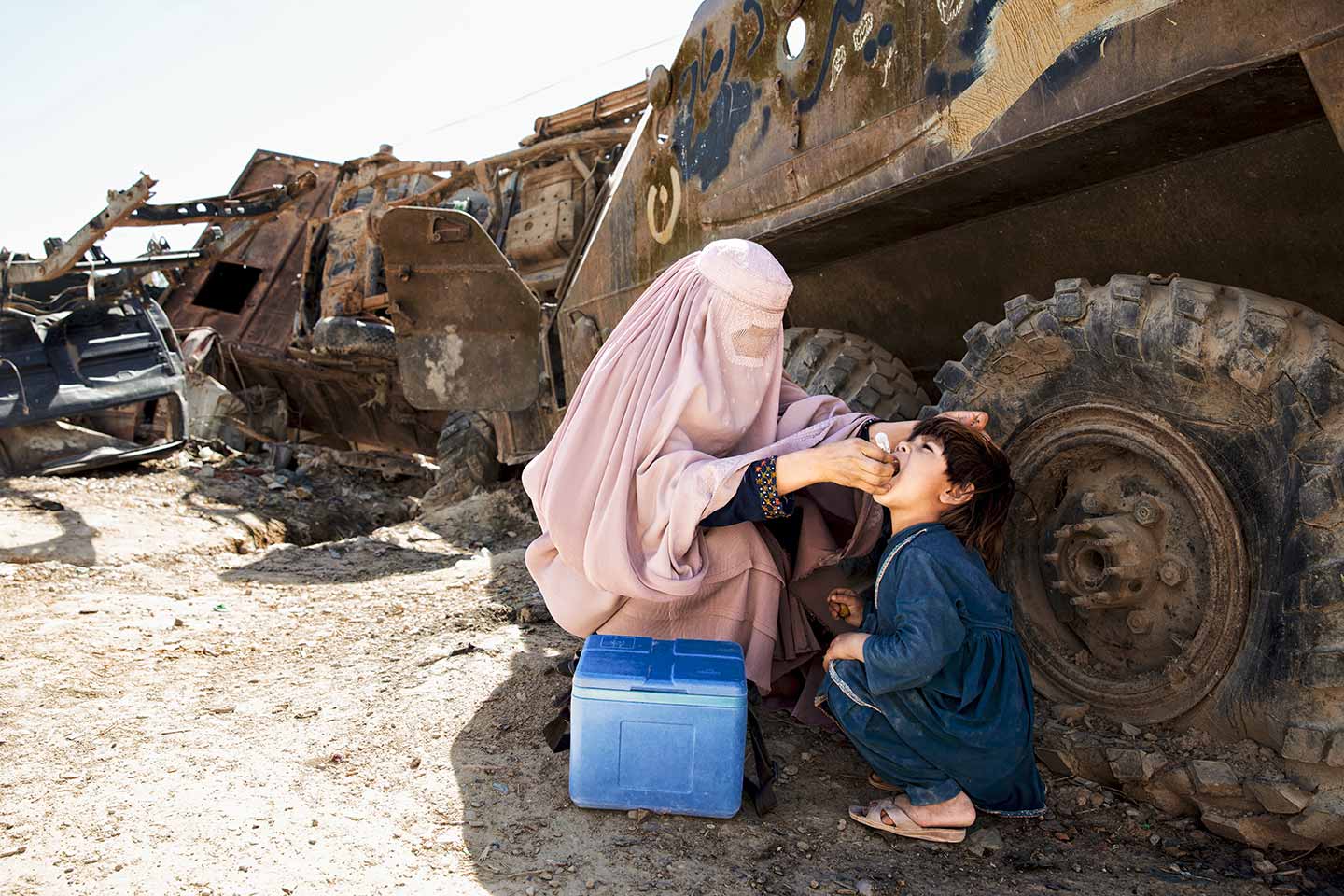
Highlights of Gavi’s support in Gavi-supported countries
Malawi
In Malawi, more than two-thirds of Gavi’s support was utilised towards procurement of personal protective equipment (PPE). The balance of funds was reallocated for renovation of infrastructure, such as point of entry isolation centres, biosafety laboratory and infectious disease treatment centres; disease surveillance and operational costs for isolation and treatment centres; health worker capacity building and community engagement sessions with local leaders and a total of 490 community leaders in 20 suburbs of Lilongwe.
Afghanistan
Through Gavi support and the existing immunisation infrastructure, Afghanistan put in place proactive measures to maintain routine immunisation (RI). This includes engaging religious and community leaders, as well as members of the community, to increase awareness around vaccination; training volunteers in vaccine-preventable disease (VPD) surveillance; and mobilising the national health team to develop and carry out the emergency response plan.
Impact on Routine Immunisation (RI)
Globally, 99 mass campaigns and outbreak responses have been affected by COVID-19, primarily polio and measles campaigns. Out of 68 Gavi-supported vaccine introductions for 2020, 48 have been impacted so far.
About 10 Gavi-eligible countries (including the Central African Republic, Chad, the Democratic Republic of the Congo, Haiti and Pakistan) have reported shipment delays. Fortunately, UNICEF is indicating pre-crisis levels of shipments have been reestablished; but there is a backlog to clear, and the situation is considered fluid and evolving on a country-by-country basis.
About 9 Gavi-eligible countries are reporting low stocks or stocks below buffer (including Cameroon, the Democratic Republic of the Congo, Djibouti, Lesotho, South Sudan and Yemen). Nine countries have reported stock-outs at national level, while three countries have reported stock-outs at sub-national level. These countries include the Democratic Republic of the Congo reporting stock-outs at central level for Bacillus Calmette–Guérin (BCG), measles and oral poliovirus vaccines (OPV); however, for OPV, Global Polio Eradication Initiative (GPEI) doses are being used in the interim. Pakistan was suffering from stock-out of pentavalent vaccine in certain parts of the country; however, this has now been resolved through a shipment of 2.7 million doses.
The Alliance continues to closely monitor vaccine stock levels and vaccine supply, and to conduct a prioritisation exercise for vaccine shipments. Gavi has recently signed an agreement with UNICEF Supply Division to provide some advance funding to cover increased freight costs for delivery of vaccines, in light of the reduced number of commercial flights available for transport.
Gavi Country Programmes Update on COVID-19 Response
- Forty-six reprogramming applications have been approved so far, of which 34 health system strengthening (HSS) reprogramming applications have been approved totalling US$ 57.1 million. On average, countries are reprogramming about 59% of their potential reprogramming ceiling. 12 reprogrammings are for partners’ engagement framework (PEF) Targeted Country Assistance (TCA) and post-transition engagement (PTE) reprogramming. An additional 33 are no-cost extensions.
- Approximately 52% of this allocation has been reprogrammed for personal protective equipment (PPE) and infection prevention and control (IPC) activities.
Read the full 19 May 2020 situational report here.
